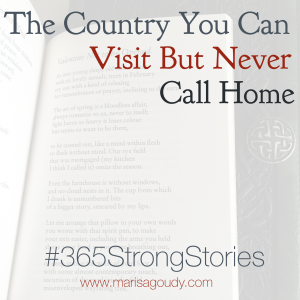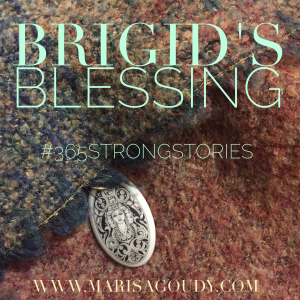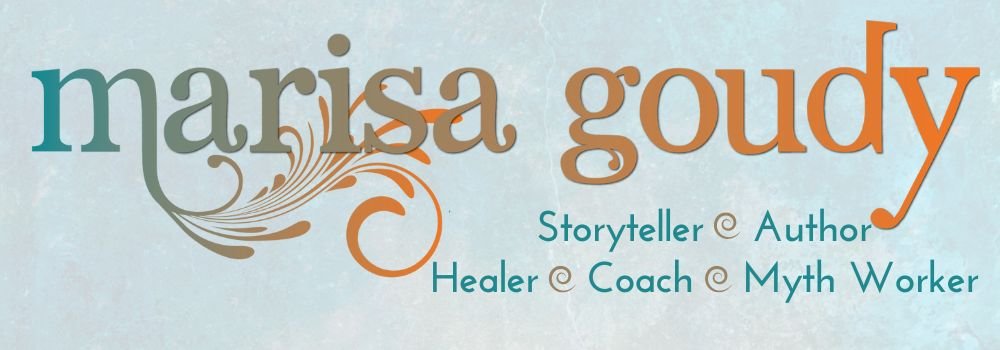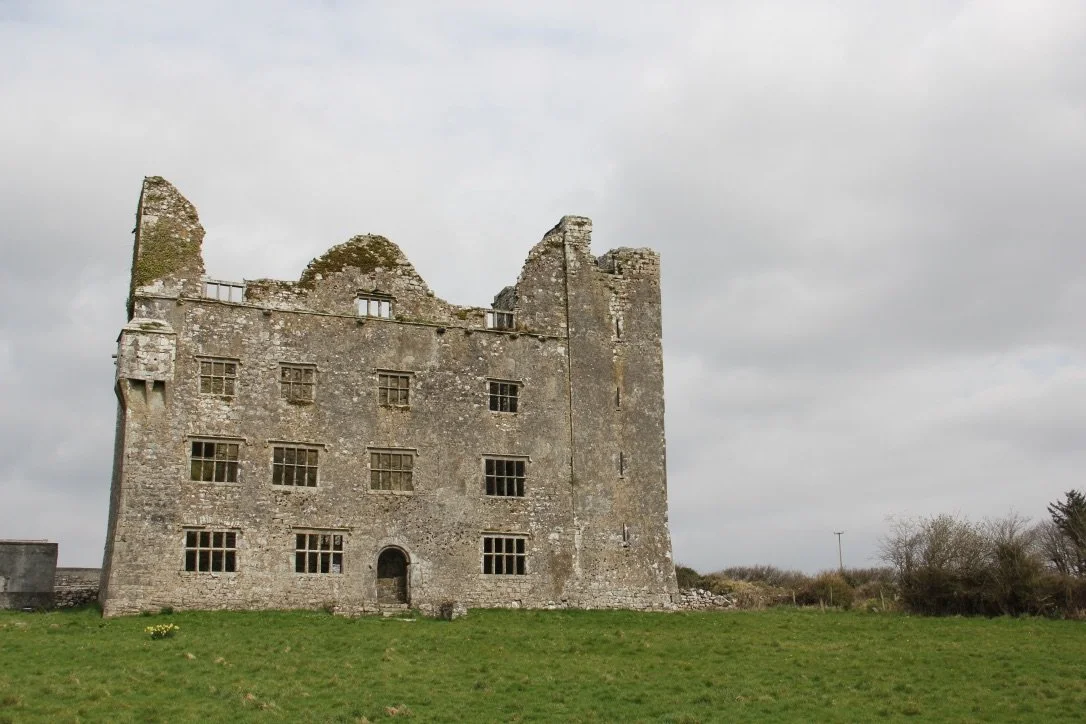When you have a storytelling podcast about Celtic mythology and Irish folklore and March comes around, it’s inevitable: the Saint Patrick’s Day episode.
Do Ancient Stories Mean More To Us than Modern Life’s Luxuries?
A Visit to the Ancestors This Saint Patrick's Day
An Alternative Story for 2020's Very Strange St. Patrick's Day
Kiss Me, I'm an Irish Sovereignty Goddess
The Country You Can Visit But Never Call Home, #365StrongStories 44
 If you wanted to flatter me when I was twenty, you would ask you to help you analyze a poem. Yeats and the handful of Irish women poets who found their voices at the turn of our own century were my specialty.
To be awed by a turn of phrase, struck dumb by an image, transformed by the flow of a stanza… This was my drug. Caffeine and alcohol were welcome companions - poems are best shared in cafes and pubs - but even they weren’t necessary. The English language as crafted by solitary scribes and mothers scribbling between nappy changes were my heroes.
If you wanted to flatter me when I was twenty, you would ask you to help you analyze a poem. Yeats and the handful of Irish women poets who found their voices at the turn of our own century were my specialty.
To be awed by a turn of phrase, struck dumb by an image, transformed by the flow of a stanza… This was my drug. Caffeine and alcohol were welcome companions - poems are best shared in cafes and pubs - but even they weren’t necessary. The English language as crafted by solitary scribes and mothers scribbling between nappy changes were my heroes.
These were the people and the passions that mattered to an American girl who found her own country to vast and crass and disconnected.
And now, I pick a book from the shelf and I’m still transported. Yes, the verses themselves have power - perhaps even more now that I have almost two more decades of loss and love, suffering and survival that helps me understand their resonance.
But I’m also distracted by the person I was, the person who was so free to dedicate herself to words and ideas for their sake alone. I adore her, but I know I could never find my way back to a life spelled out in phrases that only flirt with comprehensibility. Now, it’s about message and clarity and capturing attention that you can never assume is yours for keeps. Poetry is a country I can occasionally visit, but never call home.
Brigid's Blessings, #365StrongStories 32
 We lived one hundred feet from the fastest flowing river in Europe. At least that’s what the guidebooks said.
Those same books also hinted at the legends of fairy forts and the mysteries of those standing stones that anchored farmers’ fields in something even more ancient than Guinness and junior year abroad programs.
We lived one hundred feet from the fastest flowing river in Europe. At least that’s what the guidebooks said.
Those same books also hinted at the legends of fairy forts and the mysteries of those standing stones that anchored farmers’ fields in something even more ancient than Guinness and junior year abroad programs.
We’d been in Galway for six months and had the audacity to call it home. Myth and poetry were the most important things in the world. Even more important than kissing Irish men. Well, that’s the story I’m telling my kids anyway.
And so, on Imbolc, it was time to honor customs that were as old as that frantic River Corrib. Brigid - the goddess who sculpted the land before anyone had ever dreamed of Christ and his saints - this was her night. Legend has it that this is when she passes by, blessing the cloaks of the faithful.
Brigid is one of those handy, all purpose goddesses. In addition to being the patron deity of home and hearth and smithcraft, milk and fire and birthing women, she wore a healing mantle that could be hung on a sunbeam and her coming was the herald of spring.
Being a fresh faced pagan girl on sojourn from a Catholic college, I hung my new shawl in the damp night. I was going to soak up every drip of magic in the Celtic twilight.
Did she stop that night? Did an American girl who knotted her own story with this green, rocky place get the attention of a goddess? That Imbolc feast was almost half a lifetime ago, but I know I met Brigid this very morning in my New York back yard.
She lingered in a warm breeze that had no business shaking the bare trees of a February Hudson Valley. I stood by the summer fire pit in its neat iron bowl, looking back at that house that glowed with the babies I had birthed and nursed.
Without a doubt, I knew she’d graced my every step from then to now.
Bright Brigid blessings to all - especially the brilliant Suzi Banks Baum because it seems that we've been sitting around the same sacred fire all along. Read her St. Brighid's Day post (and learn about the invention of whistling!) here.






